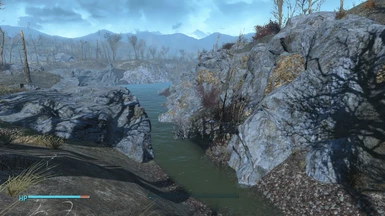

As a component of sweeping reforms, most countries adopted new domestic arbitration laws and ratified international treaties providing for investment protections and access to arbitration. This turn of the historical cycle was marked by a critical additional element: arbitration. In line with the Washington Consensus, most countries adopted structural adjustment reforms centered on fiscal discipline, tax reform, deregulation of the market, and financial and trade liberalization, among others. Latin American countries overwhelmingly liberalized their economies and embraced globalization in an effort to bolster trade and attract foreign investment. In the 1990s, the end of the Cold War and emergence of the "Washington Consensus" favoring free markets shaped a sea change in the region.

Authoritarian regimes rose in the 1970s, and fell in the 1980s. Latin American history was shaped over time by cycles of political and economic regimes that embraced or rejected cross-border investment. World in transition: Latin American perspective Whereas arbitration was an emergent dispute mechanism at the time of the political and macroeconomic transitions of the 1990s, it is not deeply embedded in the region for the resolution of both private and public sector disputes. This confluence of factors is already triggering new trends in disputes in the region, including commercial and investment disputes. The disproportionate impact of the global pandemic on Latin American economies, coupled with complex domestic politics and global trends related to globalization, reflects a new and complex turn of the wheel of history in a region historically marked by cycles of nationalization and privatization. Latin America is once again in a state of transition. Market stakeholders who may face arbitrations in the years to come should consider taking steps to avoid or best prepare for these coming disputes, including, for instance: (i) reviewing the dispute resolution clauses in their contracts with commercial actors and state agencies and (ii) assessing, securing and protecting international investment protections. Arbitral institutions in Latin America should continue to strengthen their rules and their practices. Arbitration institutions and market stakeholders should be prepared for these new changes. While the particular circumstances differ by jurisdiction, arbitration will continue to be the preferred mechanism to resolve resulting disputes. Latin America faces disruption on a scale not seen in three decades due to the confluence of the global pandemic, the fallout of years of scandals and shifting political perspectives on globalization. Arbitration is now deeply entrenched in the private and public sectors in Latin America, and will be the key mechanism for international disputes arising out of unfolding transitions in the region.


 0 kommentar(er)
0 kommentar(er)
